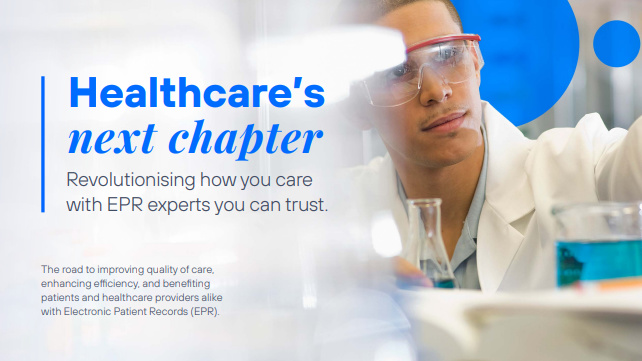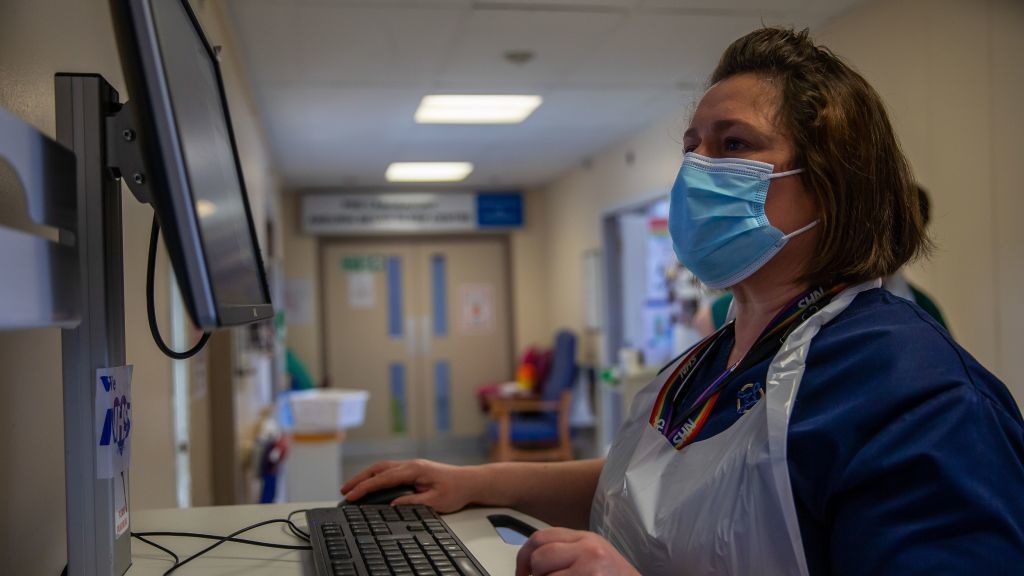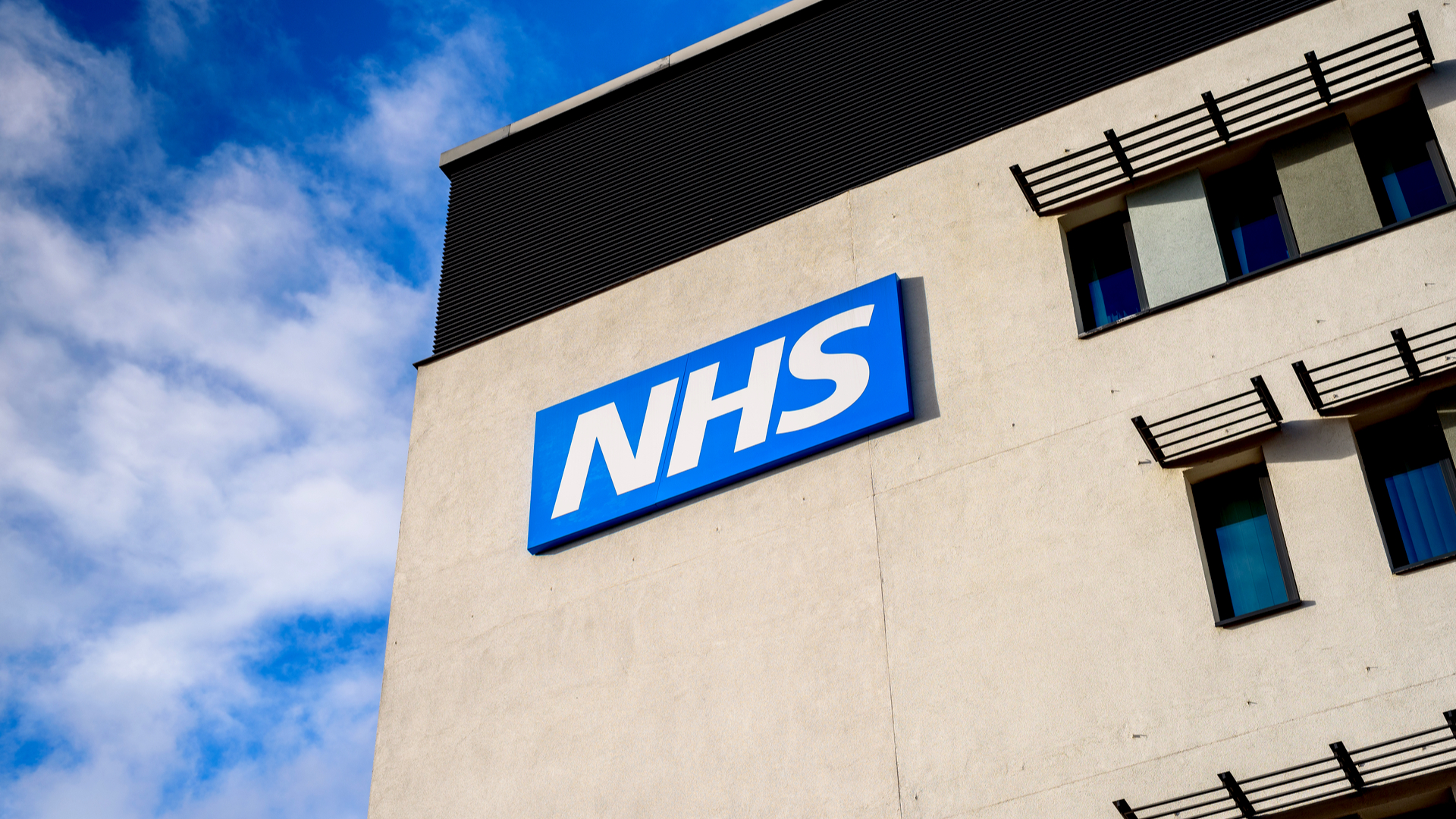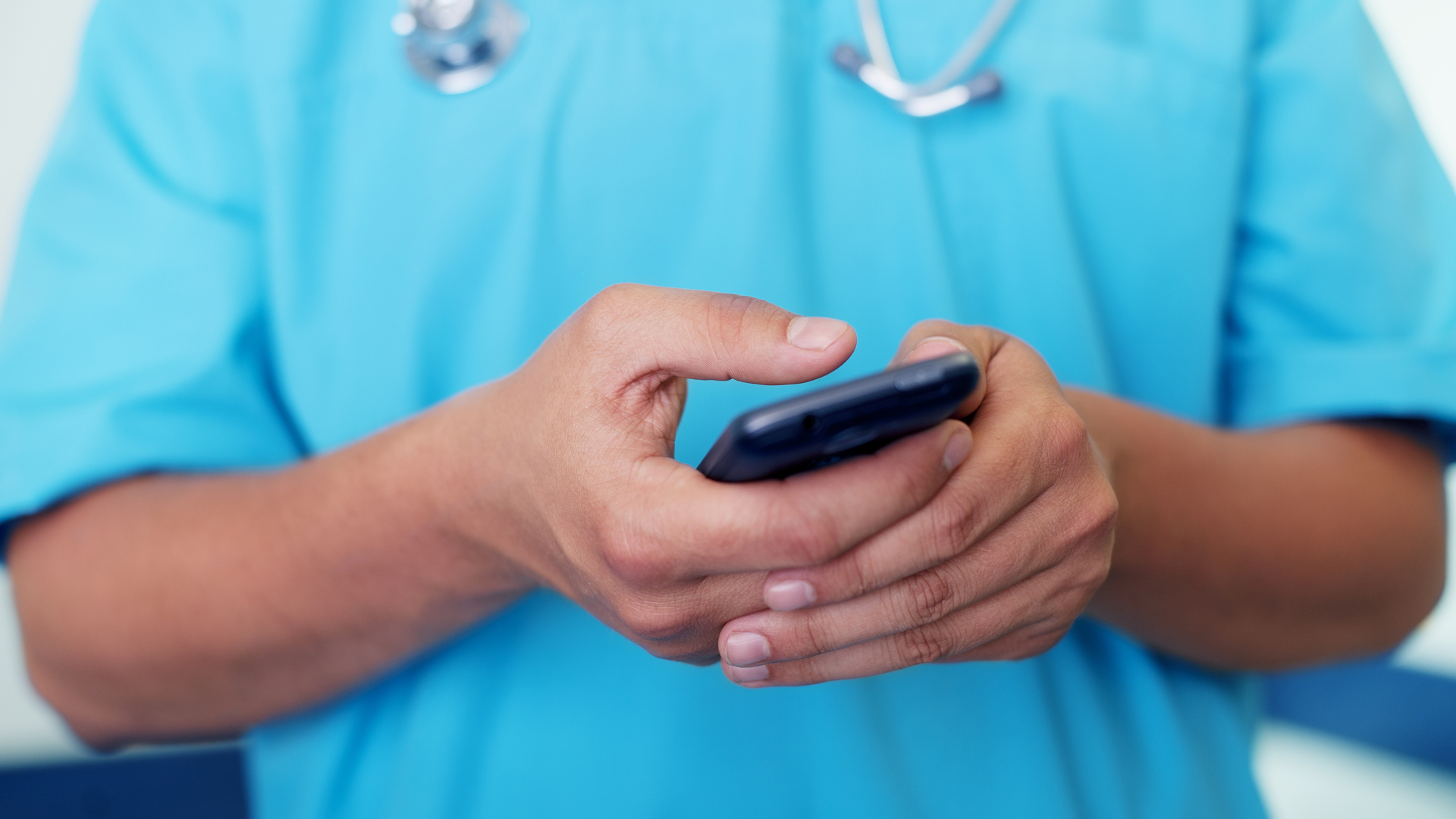NHS ‘shouldn’t assume that digital technology will lead to significant savings’ – Nuffield Trust
Wearables, smartphone apps and online access to records could be ‘double-edged swords’

The NHS shouldn't assume that digital technologies such as wearables and smartphone apps will lead to significant savings, according to independent health charity Nuffield Trust.
In its report, dubbed The digital patient: transforming primary care?', the charity warned politicians and policy makers to avoid assuming that self-care-enabling technology would produce huge savings, at least in the short term.
The charity reviewed technologies for primary care use including wearables such as Fitbits, symptom checkers, video consultations, online GP appointment booking, and apps. It did not include medical technologies for use by doctors, such as devices to assist in performing surgery.
The report's author, Sophie Castle-Clarke, says that while these types of technologies are becoming more prevalent within the NHS and are helping many of its patients, the technology could be a "double-edged sword".
"There's still a lot we don't know. Without regulation and a careful look at the evidence not all of which is compelling these digital tools could compromise the quality of care and disrupt the way care is provided," she suggested.
The pitfalls of the technology, according to the report, include the fact that some of the 165,000 health apps on the market have not been properly assessed yet, and that there is a lack of evidence around the effectiveness of apps and online triage systems.
Other issues include difficulty in supporting patients to use the technology, and for NHS staff to change the way their work in order to encourage patients to use technology more.
Get the ITPro daily newsletter
Sign up today and you will receive a free copy of our Future Focus 2025 report - the leading guidance on AI, cybersecurity and other IT challenges as per 700+ senior executives
Finally, Nuffield Trust said that there is a lack of robust evidence on the impact many technologies will have, and in which contexts specifically on health outcomes.
But it said that there are many promising areas and a number of technologies that urgently require further research. These include digital tools for self-triage, online access to records and remote consultations.
-
 Bigger salaries, more burnout: Is the CISO role in crisis?
Bigger salaries, more burnout: Is the CISO role in crisis?In-depth CISOs are more stressed than ever before – but why is this and what can be done?
By Kate O'Flaherty Published
-
 Cheap cyber crime kits can be bought on the dark web for less than $25
Cheap cyber crime kits can be bought on the dark web for less than $25News Research from NordVPN shows phishing kits are now widely available on the dark web and via messaging apps like Telegram, and are often selling for less than $25.
By Emma Woollacott Published
-
 NHS leaders are keen to adopt new digital tools, but IT can't solve problems on its own
NHS leaders are keen to adopt new digital tools, but IT can't solve problems on its ownA survey of healthcare decision-makers finds they believe IoT devices and electronic health recording could help them reach more patients quicker
By Emma Woollacott Published
-
 How a paperless approach cut wasted staff hours at Bradford Teaching Hospitals Trust
How a paperless approach cut wasted staff hours at Bradford Teaching Hospitals TrustCase study Through DrDoctor’s digital portal for patient appointments and advice, the Rheumatology team at Bradford Teaching Hospitals NHS Foundation Trust has dramatically cut
By Peter Ray Allison Published
-
 Healthcare’s next chapter
Healthcare’s next chapterwhitepaper Revolutionizing how you care with EPR experts you can trust
By ITPro Published
-
 How digital experience management helped an NHS trust improve productivity
How digital experience management helped an NHS trust improve productivityCase study Princess Alexandra Hospital NHS Trust used digital experience management to cut device failure and restore time to clinicians
By Rene Millman Published
-
 Will the NHS Federated Data Platform transform UK healthcare?
Will the NHS Federated Data Platform transform UK healthcare?In-depth Plans to create a data platform in partnership with the private sector could revolutionize NHS treatment, but concerns over data privacy and security are festering
By Jonathan Weinberg Published
-
 NHS IT issues costing doctors more than 13 million hours annually
NHS IT issues costing doctors more than 13 million hours annuallyNews Doctors warn that ageing IT infrastructure is impacting patient care and clinical outcomes
By Ross Kelly Published
-
 Automation is helping the NHS clear its patient backlog, but not as quickly as expected
Automation is helping the NHS clear its patient backlog, but not as quickly as expectedAnalysis The healthcare service's big bet on robotic process automation is making 'impactful' but slow progress
By Connor Jones Published
-
 DHSC sets out ambitious targets for NHS App by 2023, beyond
DHSC sets out ambitious targets for NHS App by 2023, beyondNews Ongoing NHS digitisation efforts will form backbone of the new system
By Rory Bathgate Published